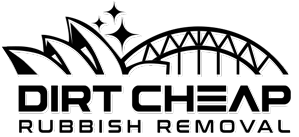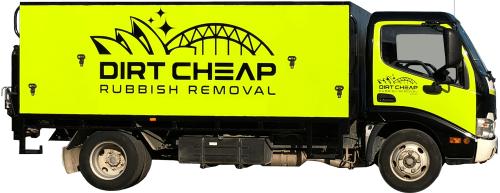If you study the features of jute cloth, that is also sometimes known as hessian in Europe and burlap in North America, it is both eco-friendly and bio-degradable, and thus easily disposed of when considering rubbish removal. Even the production process of jute cloth is environment-friendly. If you compare jute cloth with synthetic cloth, jute cloth has more versatility than its synthetic counterpart. It is cheaper also. With these positive features, jute cloth has become the natural choice for many countries. For this reason, jute bags are a highly effective, and a popular alternative to plastic bags, which are a nightmare for companies in the waste removal industry.
Bangladesh was among the first countries to ban plastic bags in the year 2002. Perhaps, this was not only due to the fact that waste removal became a problem with all the plastic bags, but also because they had an excellent alternative in jute bags. China also banned plastic rubbish/shopping in 2008 and now, the State of California has joined the bandwagon by banning plastic bags in pharmacies, groceries and convenience stores. The Indian government is also trying to ban plastic bags completely but they have limitations due to the federalised system of governance. But, a few states and cities of India have already banned plastic bags because rubbish removal is a major problem in India. In Europe, shops that use plastic bags are often heavily penalised. For every plastic bag used a levy is often imposed.
There are about four million farmers who cultivate and produce jute in Bangladesh and the latest trend is great news for them. Since the demand for the eco-friendly jute bag is likely to increase exponentially in the coming years, Bangladesh jute industries are expanding their work force. For the last six years, there has been an increased focus on improvement of infrastructure also to facilitate growth of this industry.

